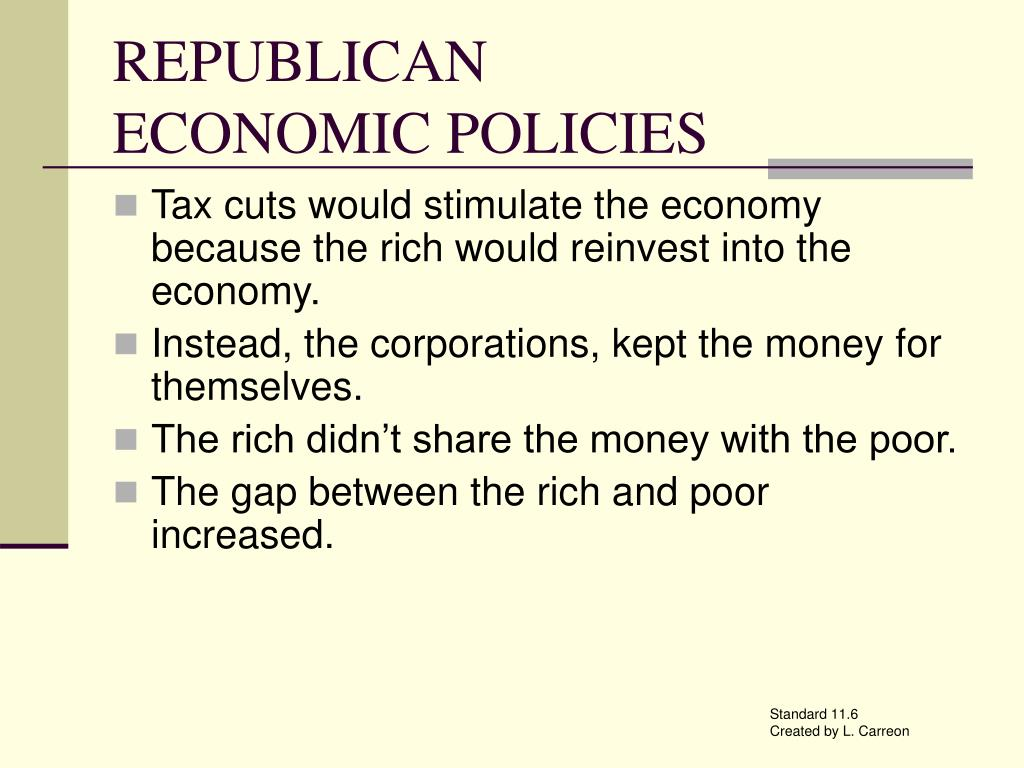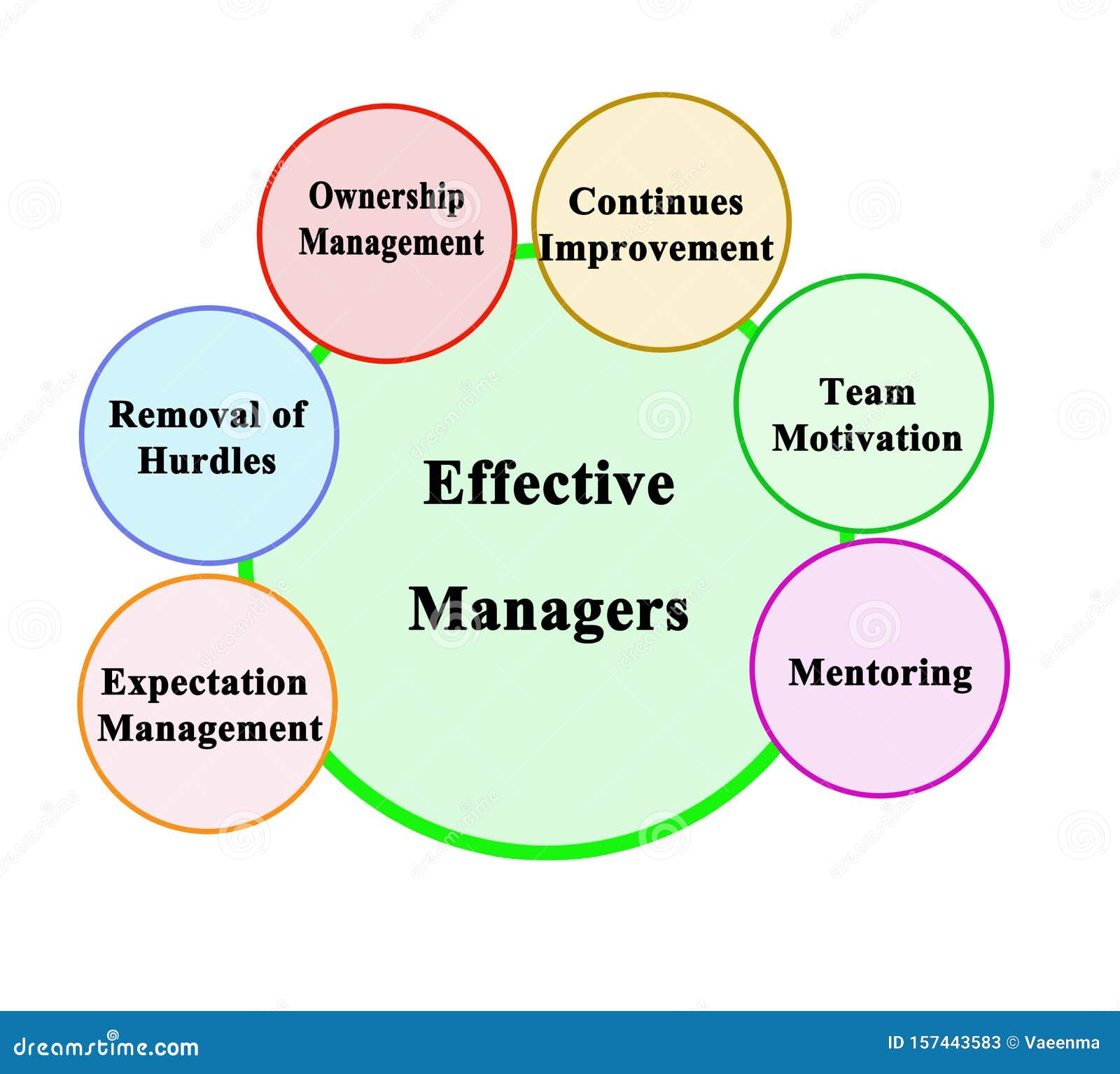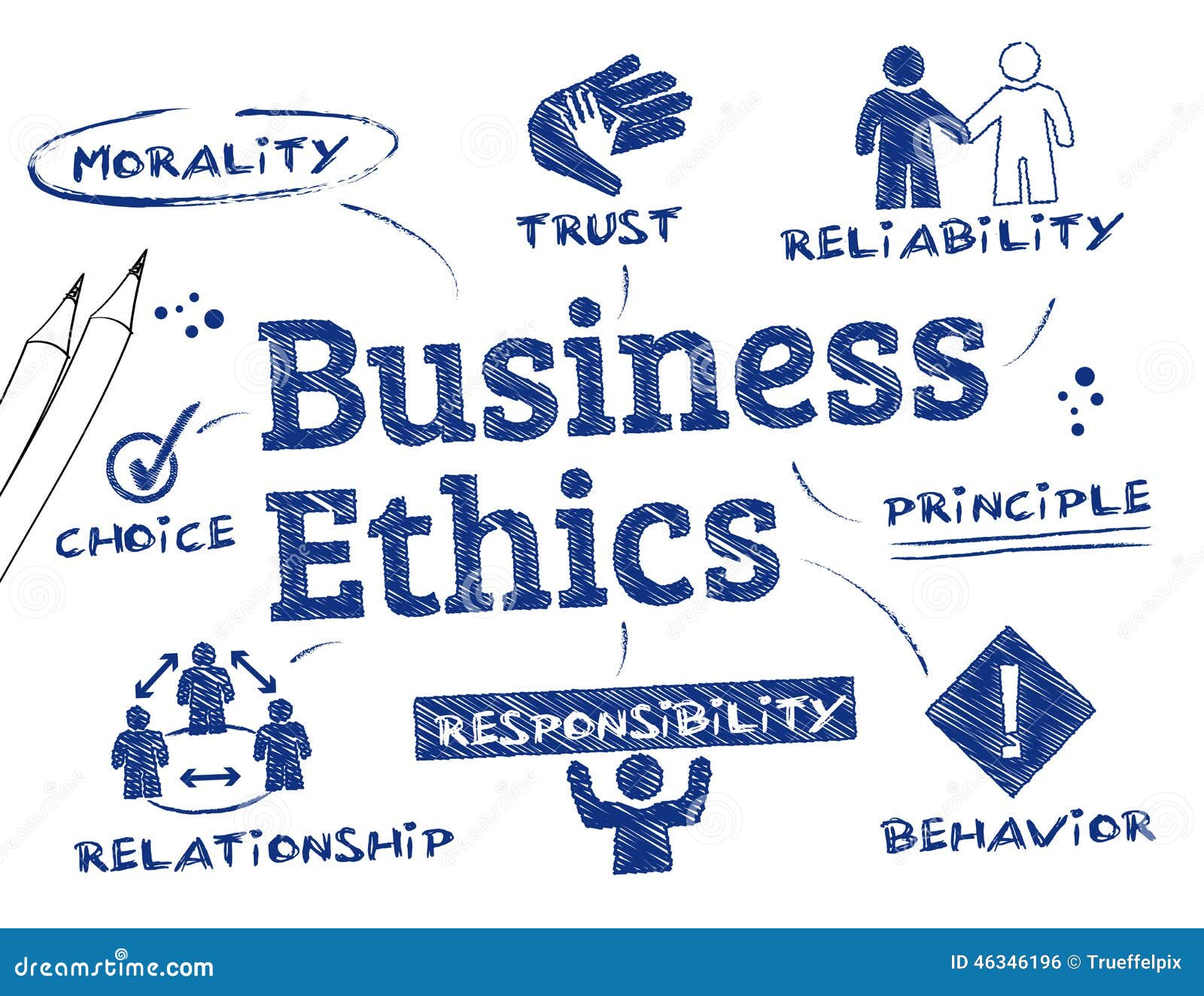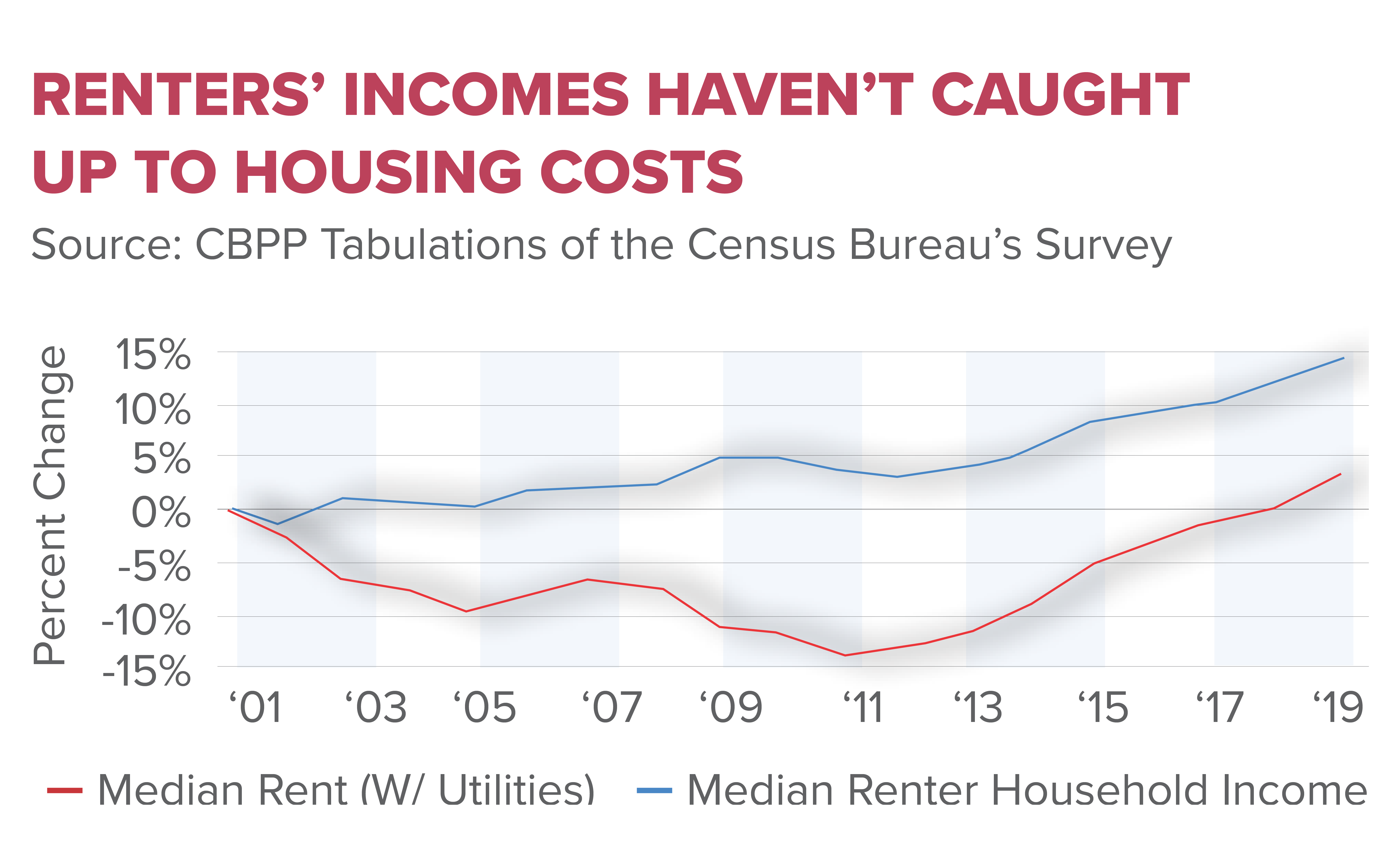Republican economic policy has long been a cornerstone of the party’s ideology, shaping how conservatives approach issues like taxation, regulation, and labor. Rooted in principles of free-market reform and economic libertarianism, the GOP economic strategy emphasizes minimal government intervention and encourages entrepreneurship. However, as economist Oren Cass critiques, this rigid adherence to market fundamentalism may have overlooked critical worker-focused policies that could benefit American families. In recent discussions, many Republicans are beginning to rethink their stance, recognizing that the pure focus on deregulation and tax cuts has resulted in stagnant wages and growing economic inequality. As boundaries blur between traditional party lines, there is an emerging call for a more balanced approach that effectively supports both free-market principles and a robust labor force.
The economic doctrines espoused by the Republican Party have historically revolved around free-market ideals, prioritizing individualism and entrepreneurial freedom. This philosophy, often termed as economic liberalism, explores the benefits of reducing state intervention in favor of market-driven solutions. Yet, recent shifts in rhetoric reveal a rising acknowledgment among right-leaning policymakers of the need for strategies that also uplift workers and families. Many are now contemplating how policies typically associated with the left may align more closely with their aims to foster economic growth and sustainability. As discussions evolve, a synthesis of traditional conservative values and modern economic realities is becoming increasingly necessary for the future success of the party.
The Flaws of Free-Market Reform
In the past few decades, free-market policies have been heralded as the cornerstone of American economic progress, yet they have often missed the mark. Conservative economist Oren Cass points out that the singular focus on deregulation and unfettered trade has not benefited the majority of American households as proponents promised. Instead, these policies resulted in stagnant wages and an increasing trade deficit, leading many to question the effectiveness of such economic libertarianism. When looking closely, it’s evident that the gaps in wage growth and the widening chasm between the wealthy and the average American are deeply rooted in free-market failure.
Rather than fostering a vibrant economy for all citizens, the outcomes of these policies reveal an economy that prioritizes corporate profit over worker welfare. This critique is echoed by many economic analysts who argue that the push for deregulation has decimated domestic manufacturing and led to offshoring of jobs, creating a cycle that further disenfranchises American workers. As Cass highlights, the initial aims of promoting individual purchasing power have led to a greater dependence on government assistance, an unsustainable trajectory that fails to address the real economic needs of families.
Republican Economic Policy: A New Direction
The evolving conversation around Republican economic policy is crucial as it seeks to redefine the GOP’s approach to American welfare and the economy. Cass argues that a fundamental shift is necessary — away from the traditional focus on economic libertarianism toward a worker-centric economic strategy. This vision advocates for an economy that not only seeks to minimize government intervention but also actively supports the development of a robust labor market. The aim here is not just to create jobs but to ensure that these jobs provide a livable wage and the opportunity for workers to thrive.
By revisiting the historical foundations of the GOP’s economic policies, it becomes clear that a renewed focus on enhancing the workforce aligns more closely with America’s values. Leaders like Abraham Lincoln and Teddy Roosevelt recognized the importance of utilizing tariffs to protect domestic industries and support families. Today, young policymakers are beginning to adopt similar views, moving away from outdated economic strategies that neglect the welfare of workers. This shift could revitalize the party’s economic platform and respond to the critiques that the party’s past approaches have largely failed.
Worker-Focused Policies: The Future of Economic Strategy
As the GOP navigates its future economic policies, a focus on worker-centered approaches may yield significant benefits. Oren Cass advocates for strategies that improve the workforce’s capabilities rather than solely concentrating on deregulation and tax cuts. By implementing policies that empower workers, such as enhanced educational opportunities and better labor protections, the party can address essential societal needs while simultaneously promoting economic growth. This paradigm shift not only serves the interests of families but also cultivates a more stable and productive economy.
The concept of worker-focused policies seeks to address the concerns that have arisen from decades of economic neglect, especially in communities affected by industrial decline. Introducing investment in local businesses and supporting small enterprises can bridge the gap left by free-market failures. Cass asserts that without recognizing the crucial roles played by the workforce and taking proactive measures, the economy will continue to struggle. A thriving economy should prioritize the well-being of its workers, reflecting a more holistic approach to economic policy that the Republican Party can adopt for future success.
Critique of Economic Libertarianism and Its Impacts
The critique of economic libertarianism by Cass highlights the disconnection between policy intentions and real-world outcomes. Economists have long praised free markets for their efficiency; however, without regulatory frameworks that consider social implications, these markets can lead to imbalances and inequities. Cass argues that the historical reliance on unregulated markets has produced minimal benefits for the average worker, especially as companies prioritize low-cost labor over sustainable employment. This model not only stifles wage growth but also reduces economic resilience.
Moreover, as Cass points out, many conservative thinkers have come to realize that a strategy focused solely on individual purchasing power and cheap goods undermines essential social values. The emphasis should be on creating a market that promotes economic stability and encourages families to flourish. This approach would mean rethinking the role of government, not as an adversary, but as a partner that sets the rules necessary for balanced economic growth.
Understanding Reaganomics: A Necessity for Progress
Examining the legacy of Reaganomics is essential to understand the current challenges faced by the GOP in shaping its economic policies. Cass notes that while Reagan is revered for his contributions to free enterprise, his policies included significant government interventions like tax hikes and agricultural support programs. This duality presents a complex picture, suggesting that successful economic strategies need not strictly adhere to free-market principles. Rather, Reagan’s pragmatism offers a blueprint for a more balanced approach that acknowledges both market forces and the need for regulatory frameworks.
By embracing aspects of Reagan’s economic legacy that involved supporting American workers through government initiatives, the GOP can evolve its platform to meet contemporary challenges. This understanding can shed light on why a simplistic embrace of market fundamentalism has fallen short. As future Republican leaders reconsider their economic strategies, they would do well to draw lessons from Reagan’s policies, integrating worker support into their overall economic framework to create an inclusive and prosperous economy.
Coalition Realignment: Understanding GOP Dynamics
The historical alignment of the GOP has undergone significant changes, particularly with the rise of the economic libertarians within the party. Cass emphasizes that the formation of a three-legged stool — inclusive of social conservatives, economic libertarians, and national security hawks — was largely a reactionary measure against communism. However, with the collapse of the Cold War coalition, the GOP faces a critical reassessment of its values. The competition among these factions for influence over the party’s direction highlights the dynamic nature of Republican economic policy.
In the current climate, it’s crucial for the GOP to unify around a coherent economic strategy that resonates with both traditional conservative values and modern economic realities. By focusing on worker-centric policies while maintaining a commitment to market principles, the party can harness the strengths of its diverse coalition. This realignment will be pivotal in addressing the critiques of past economic strategies which have often sidelined essential social issues that matter to everyday Americans.
The Role of Government in Economic Prosperity
Cass challenges the traditional notion that government involvement stifles economic prosperity. Instead, he argues that a well-functioning market requires a set of rules and institutions that promote fairness and efficiency. This perspective redefines the role of government from merely being a regulator to an active participant in fostering an environment where businesses can thrive and workers can succeed. The idea is that effective governance can lay the groundwork for sustainable economic growth.
In promoting this vision, the GOP can advocate for policies that provide a framework for economic success, such as investing in infrastructure, education, and technology. These investments not only serve to enhance national capabilities but also empower communities and foster resilience. Acknowledging the government’s role in the economy is essential not just for prosperity, but for repairing trust between citizens and their leaders.
Revitalizing American Industry: A Call to Action
As Cass articulates, revitalizing American industry is a pressing need as the country grapples with the consequences of decades of economic policies that favored offshoring and deregulation. The call to action emphasizes not just preserving existing jobs but re-establishing a manufacturing base that supports local communities and strengthens family livelihoods. By focusing on domestic production and innovation, the GOP can create a more balanced approach that also preserves traditional values.
The challenge lies not only in policy implementation but also in reshaping the narrative surrounding industry and labor. By advocating for policies that prioritize American workers and their families, the party can rekindle its historical commitment to economic empowerment. This revitalization could mark a pivotal moment in the party’s evolution, steering it back toward its roots while adapting to the complexities of the modern economy.
Building Consensus Across Political Lines
In a striking observation, Cass notes that the issues facing American workers are increasingly recognized across the political spectrum. Figures like Marco Rubio and J.D. Vance on the right and Bernie Sanders and Elizabeth Warren on the left share similar concerns regarding economic inequality and the hardships faced by the labor force. This emerging consensus presents a valuable opportunity for the GOP to collaborate and engage in productive dialogue aimed at addressing common concerns related to worker welfare.
By focusing on areas of agreement, the GOP can craft policies that not only resonate with their voter base but also build bridges with those from opposing sides who seek meaningful reform. This consensus could pave the way for innovative economic strategies that prioritize worker-focused initiatives and do not shy away from addressing longstanding disparities in the labor market. By moving towards a common goal, both parties can foster a political climate conducive to real, impactful change.
Frequently Asked Questions
What are the key principles of Republican economic policy regarding free-market reform?
Republican economic policy emphasizes free-market reform, focusing on deregulation, tax cuts, and fostering entrepreneurship to stimulate economic growth. This approach aims to create an environment where businesses can thrive, generate jobs, and promote consumer choice. However, critiques, like those from economist Oren Cass, argue that this singular focus has neglected important workforce development and broader societal implications.
How does economic libertarianism fit into the GOP economic strategy?
Economic libertarianism is a crucial element of the GOP economic strategy, advocating for minimal government intervention in markets and individual liberties. This philosophy prioritizes free trade and deregulation; however, critics, including Oren Cass, note that it has historically led to issues such as wage stagnation and increased reliance on government assistance, thereby failing to support the working class.
What are worker-focused policies within Republican economic policy?
Worker-focused policies within Republican economic policy seek to prioritize the needs and welfare of American workers. This includes proposals aimed at improving wages, benefits, and job security, contrasting traditional economic libertarian principles that emphasize deregulation. Oren Cass argues for a renewed focus on enhancing worker capabilities to contribute to a thriving economy.
What is Oren Cass’s critique of traditional GOP economic strategies?
Oren Cass critiques traditional GOP economic strategies for their heavy reliance on free-market libertarianism, which he believes has not sufficiently addressed the needs of workers. He argues that this approach has contributed to stagnant wages and economic inequality, suggesting a shift towards more worker-centric policies that enhance the labor force’s productivity instead of solely focusing on deregulation and trade.
How have past Republican presidents deviated from the GOP economic orthodoxy?
Historically, past Republican presidents like Abraham Lincoln and Ronald Reagan have deviated from today’s GOP economic orthodoxy by implementing tariffs and market protections to strengthen domestic industries. Oren Cass highlights these actions as examples of effective governance that supported workers and families, contrasting them with the more recent focus on unfettered trade and deregulation predominant in recent decades.
What implications does Oren Cass believe economic libertarianism has for American households?
Oren Cass believes that economic libertarianism has led to negative implications for American households by prioritizing low consumer prices over workforce stability and growth. He argues that policies promoting cheap goods have resulted in wage stagnation and increased dependency on government assistance, ultimately undermining the very families and communities that Republican economic policy aims to support.
How can Republican economic policy better empower workers and families?
According to Oren Cass, Republican economic policy can better empower workers and families by focusing on policies that promote skill development, job stability, and local investments. This involves creating regulations that encourage businesses to invest in American labor and infrastructure, rather than solely pursuing deregulation and tax cuts that do not account for long-term economic health or worker welfare.
| Key Point | Details |
|---|---|
| Historical Republican Policy Deviations | Republican presidents, including Lincoln and Reagan, often deviated from current GOP orthodoxy, implementing protectionist measures rather than pure deregulation. |
| Critique of Free-Market Policies | Oren Cass argues that the focus on deregulation and unfettered trade has failed American households. |
| Emerging Pro-Worker Rhetoric | Younger conservative policymakers are starting to embrace ideas that resonate with both liberal and conservative viewpoints on economic issues. |
| Coalition Dynamics | Historical coalitions of Republican factions focused on anti-communism have fractured, leading to shifts in economic policy. |
| Economic Libertarianism Critique | Cass criticizes economic libertarians for prioritizing consumer goods over workforce empowerment and family sustainability. |
| Market Definition | The market should empower workers and sustain families, contrary to the prevailing definition that focuses merely on consumption. |
Summary
Republican economic policy has evolved significantly over the years, often straying from what is considered traditional GOP orthodoxy. Key voices within the party, like economist Oren Cass, highlight that previous administrations have focused on free-market solutions that have not adequately served American households. As a result, a renewed focus on empowering the workforce and strengthening families is emerging within newer Republican circles. This shift reflects a growing recognition that sustainable economic health requires more than just deregulation; it necessitates a holistic approach that values workers and community investment.



